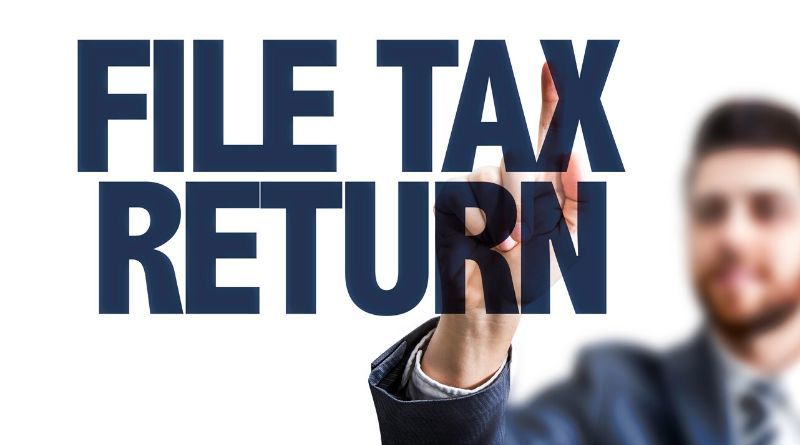HMRC Taskforces Recover ВЈ109m in Unpaid Tax
HMRC taskforces have recovered £109m in unpaid tax according to reports. The achievement far exceeds expectations since they were introduced in Spring this year – with the original target set at £50m.
Since April this year, 27 new taskforces have been established with the remit of targeting certain industries / professions and regions which are deemed to be of 'high risk' tax evasion. The HMRC taskforce is estimated to be 350 strong.
HMRC Taskforce - call us on 0113 387 5670 for confidential advice
Among the industries / professions that HMRC taskforces are targeting include:
- Property investors
- Grocery sector
- Restaurant owners and hot food sellers
- Importers and hauliers
- Construction workers – builders, scaffolders, decorators, etc.
- Taxi drivers
- Self employed workers
Specific examples of scenarios that will draw the attention of a taskforce include low earners living in large properties, and those who do considerable mileage and may have submitted false expense claims on tax returns.
Recent geographical areas that have fallen into focus of the taskforces include the rural areas of Northern Ireland and Scotland.
The taskforces will often turn up unannounced and conduct searches without the need for a warrant, and their success will no doubt be down to HMRC’s new powers and access to a vast amount of data and information.
HMRC New Powers
Controversial new powers granted to HMRC mean that it is able to automatically recover amounts of unpaid tax from the bank accounts of individuals who continue to dispute repayment following a tax investigation. HMRC is also utilising a powerful computer system to analyse information and data about individuals.
The intelligence obtained relates to bank accounts and other financial information, for example, from government agencies, and allows HMRC to analyse the lifestyles and financial position of those it suspects of tax evasion.
In addition to new powers and access to vast levels of information, HMRC taskforces are reported to be conducting surveillance in regional areas to identify targets in the professions on its radar.
HMRC also received a £800m funding injection from the government to continue its clampdown on tax evasion and tax avoidance across the UK.
Those who are investigated successfully by HMRC can expect to pay large penalties, and in extreme cases, face criminal prosecution. HMRC has also begun to publically name and shame individuals that have been found guilty of tax evasion. In 2015, 60 tax evaders have been added to a ‘deliberate tax defaulters’ list.
If you would like to discuss your circumstances with our experienced team of tax investigations and disclosures professionals in complete confidence, you can call us on 0113 387 5670 or fill out an Enquiry Form and we will come back to you straight away.


